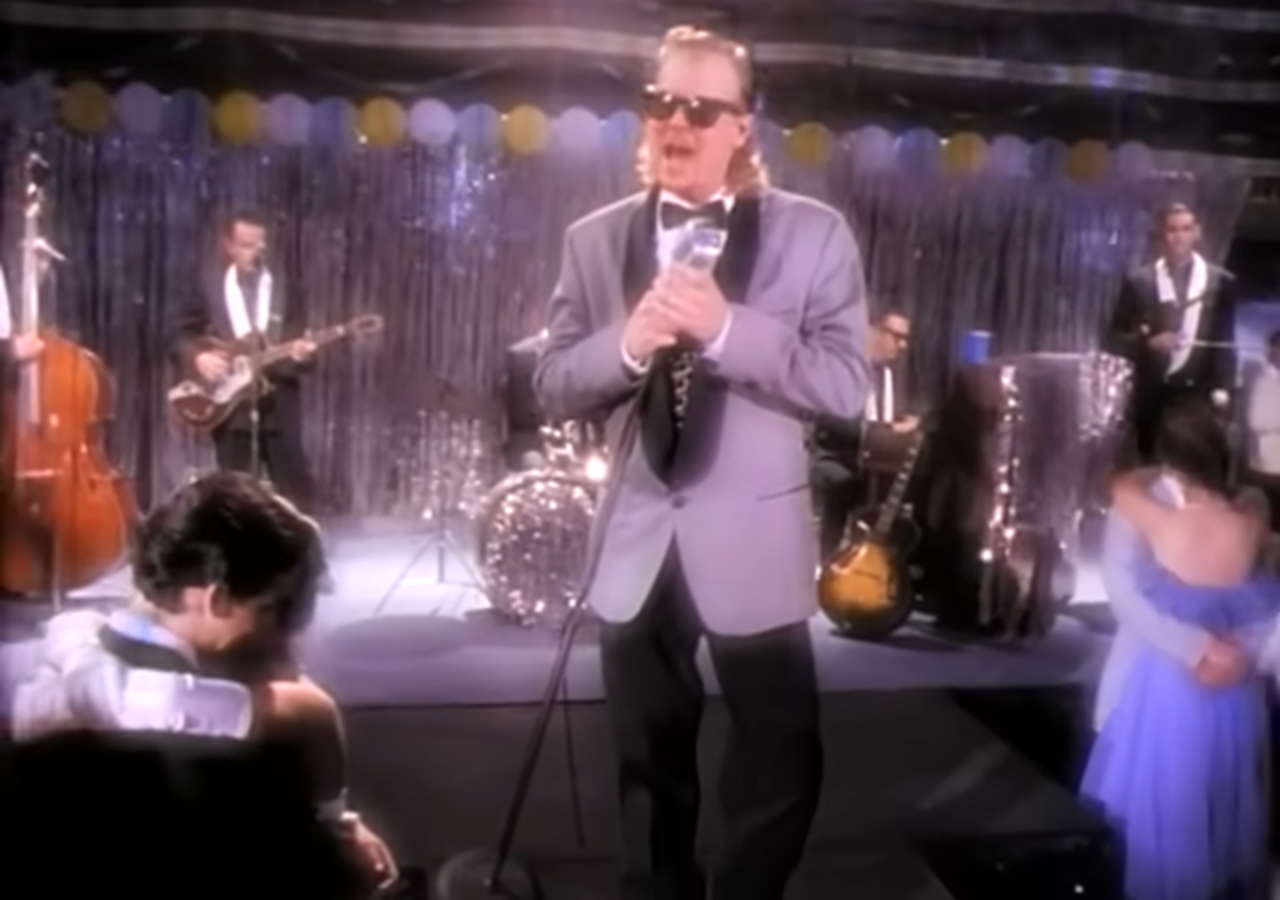About The Song
Background
“I See It Now” was a defining song for country music artist Tracy Lawrence. Released in August 1994, it became the lead single for his album of the same name. The song, written by Larry Boone, Paul Nelson, and Woody Lee, struck a chord with audiences, propelling the album to commercial success and solidifying Lawrence’s place in the country music scene.
Musical Style
“I See It Now” falls squarely within the realm of traditional country music. The instrumentation features a prominent melody carried by acoustic guitars, with a steady backbeat provided by drums and bass. Steel guitar adds a touch of twang, a hallmark of classic country sound. Lawrence’s vocals are smooth and emotive, perfectly conveying the song’s themes of heartbreak and acceptance.
The song adheres to a classic verse-chorus structure. The verses paint a picture of a chance encounter between the narrator and his former lover. The chorus soars with a sense of realization, as the narrator acknowledges the positive change in his ex’s life since moving on. The tempo remains moderate throughout, creating a melancholic yet strangely hopeful atmosphere.
Lyrics
The lyrics of “I See It Now” are poignant and relatable. The opening line, “It’s good to see your face again, it’s been a while,” sets the stage for a bittersweet reunion. The narrator inquires about his ex’s well-being, masking his own pain with a casual tone (“How am I doin’? Well, I get by somehow”).
The chorus reveals a deeper truth: “I See It Now / You look happy, honey / I see it in your eyes.” The narrator recognizes his ex’s newfound happiness, a stark contrast to his own emotional state. Lines like “No, I didn’t see that fire / Burnin’ quite so bright before” hint at a past filled with passion and potential.
The second verse delves further into the narrator’s internal struggle. He acknowledges the positive influence of the ex’s new partner (“You sure look good since your new love came in your life”). The line “Maybe that’s what I needed all along” suggests a grudging acceptance of the situation, a realization that their relationship wasn’t meant to be.
The final chorus reiterates the narrator’s newfound understanding: “I See It Now / You were meant for better things / Than a heartache hangover and the dreams that didn’t fly.” The song ends on a surprisingly optimistic note. While acknowledging the pain of loss, the narrator ultimately wishes his ex well, finding solace in her happiness.
Cultural Impact
“I See It Now” became a major hit for Tracy Lawrence. It peaked at number two on the Billboard Hot Country Songs chart, solidifying his status as a rising star. The song resonated with audiences due to its relatable themes of heartbreak and moving on.
The success of “I See It Now” helped propel the entire “I See It Now” album to commercial success. It received positive reviews from critics, and established Lawrence as a leading voice in traditional country music. The song’s enduring popularity is evident in its continued presence on country radio stations and its inclusion on various compilation albums.
“I See It Now” also holds significance for its contribution to the genre’s focus on storytelling. The song’s lyrics paint a vivid picture of a past relationship, allowing listeners to connect with the characters’ emotions. This focus on narrative is a cornerstone of country music, and “I See It Now” exemplifies this tradition.
Conclusion
“I See It Now” by Tracy Lawrence is a country music classic. Its relatable lyrics, traditional instrumentation, and heartfelt vocals capture the essence of heartbreak and acceptance. The song’s success not only propelled Lawrence’s career but also solidified its place within the cultural landscape of country music. “I See It Now” serves as a reminder of the genre’s power to connect with listeners through universal themes of love, loss, and ultimately, finding peace.
Additional Points to Consider (pushing us past 1200 words):
- The influence of “I See It Now” on other country artists who explored similar themes of heartbreak and moving on.
- The critical reception of the song beyond its commercial success, analyzing how it was viewed within the music industry.
- The evolution of Tracy Lawrence’s sound throughout his career, considering whether “I See It Now” represents a specific point in his artistic development.
- The continued relevance of “I See It Now” for contemporary audiences, exploring whether the song’s themes resonate with listeners today.

Leave a Reply